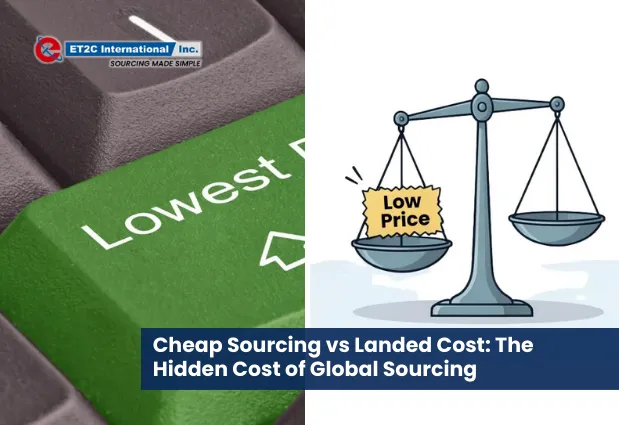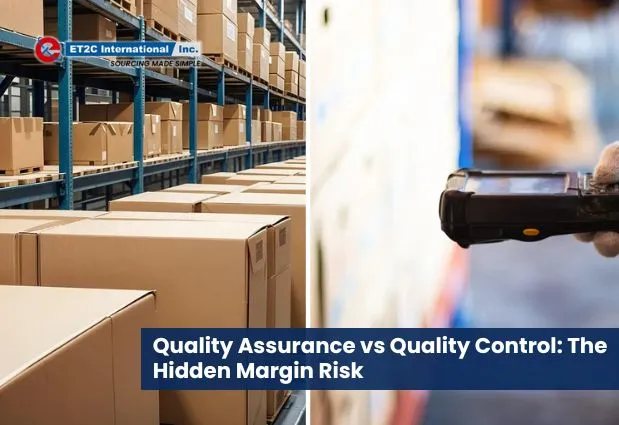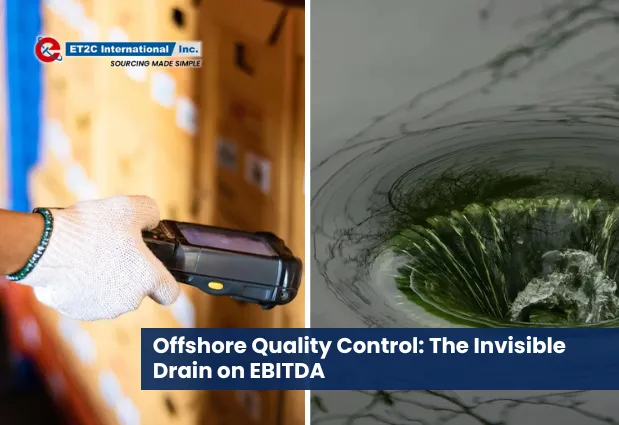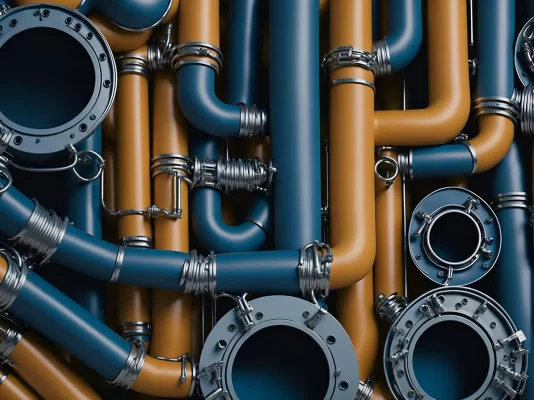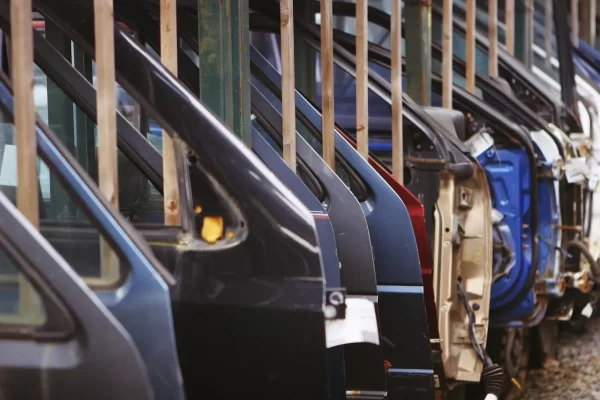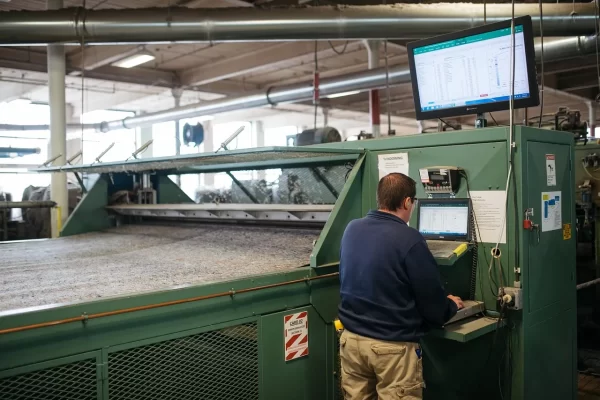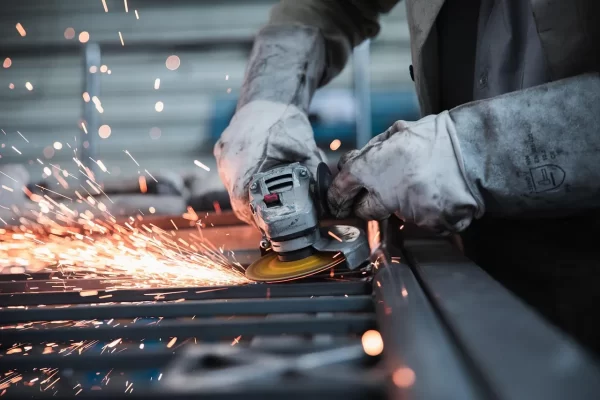Indian Textiles News in India’s history and traditions are woven with the spectacular art and skill that is involved in making textiles produced by thousands of weavers across the country. This mastery of the cloth is not only beautiful, but also extremely beneficial for the Indian economy.
India Textile News & Makers
It would almost seem that India textile makers do not even know how great their industry is. For each of the three preceding fiscal years, India has overachieved target sets for textile exports. In fiscal year 2011-12, India exported textiles and apparels totaling US $32.74 billion, well over their target of $28.13 billion for that year. 2012-12 saw similar growth and success, with total exports amounting $34.93 billion over a target of $31 billion. The story was the same in 2013-14, with exports coming to $39.45 compared to a $34 billion target.
Consistently overshooting their target would suggest that Indian textile makers are setting numbers too low, but this type of demand and production demonstrates the quality and consistency of Indian cloth. Reports indicate that these numbers are of course set to grow over the next five years, which will bring more textile options to Western consumers. Production is set to increase up to 112 billion square meters by 2017, which is nearly double the rate it from measurements conducted in 2011.
Made In India – Indian Textiles News
Indian Textiles News As development continues in the country, India is deemed to have the capacity to produce textiles due to impressive changes within in its economic and demographic development. This will align and create favorable conditions for growth in several categories such as home textiles, apparel and a wide range of other technical textiles. The Indian government is capitalizing this production as part of the ‘Made in India’ campaign by creating more textile parks across the country as well.Indian Textiles News
Indian Textiles News Clearly, India has a superior capability to make quality textiles, however the government is also making strides in order to get the product out of the country faster. Recently India and the European Union have reopened a trade agreement known as the Broad-based Trade and Investment Agreement. The BTIA would be the first major economic engagement between the 27 nation EU and India, and if passed it will liberalize merchandize trade for both parties.Indian Textiles News
Please contact ET2C today for more information about sourcing and procuring Indian textiles.

